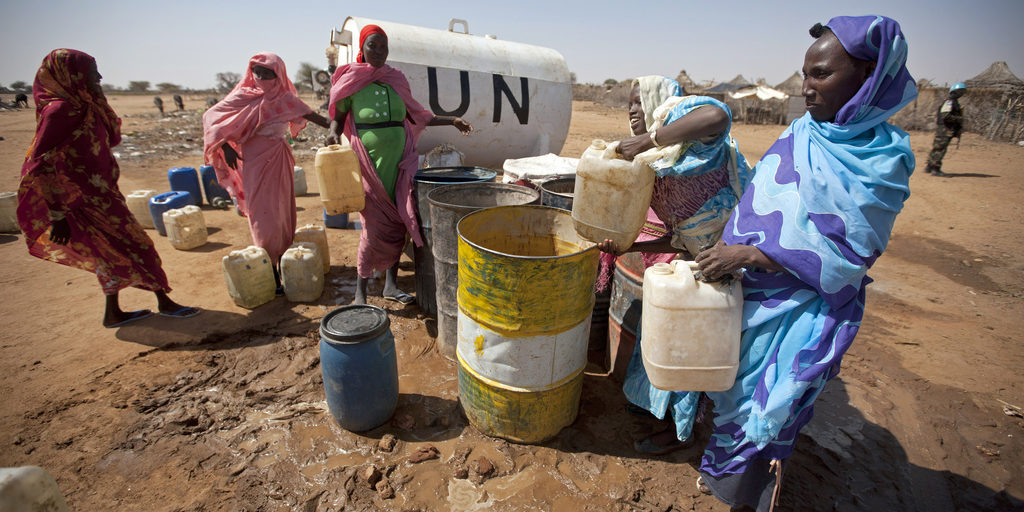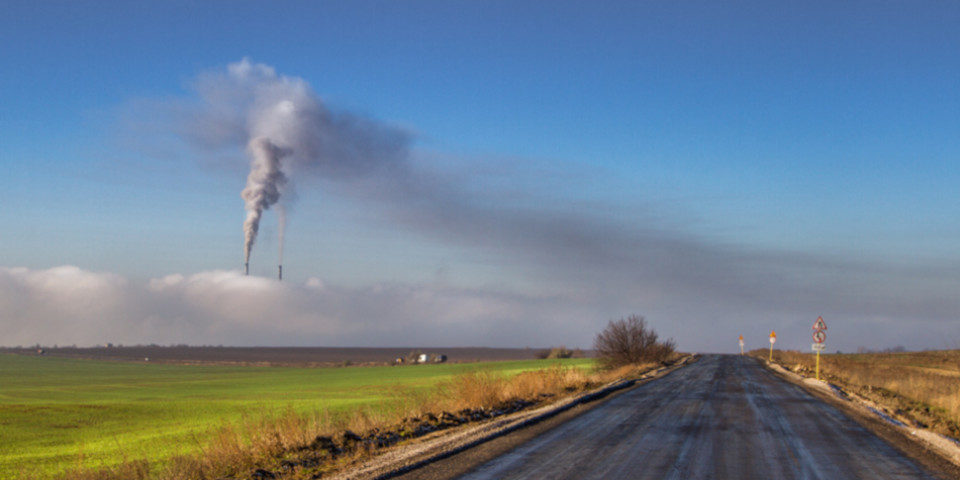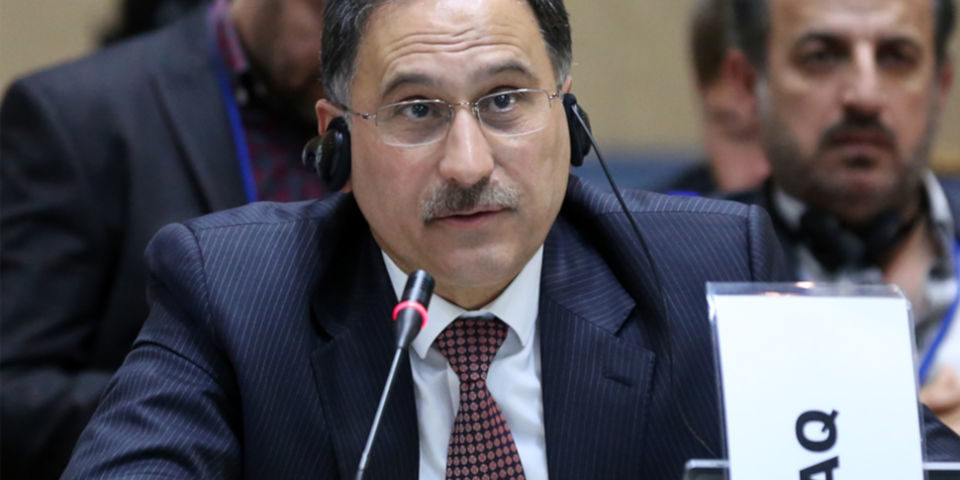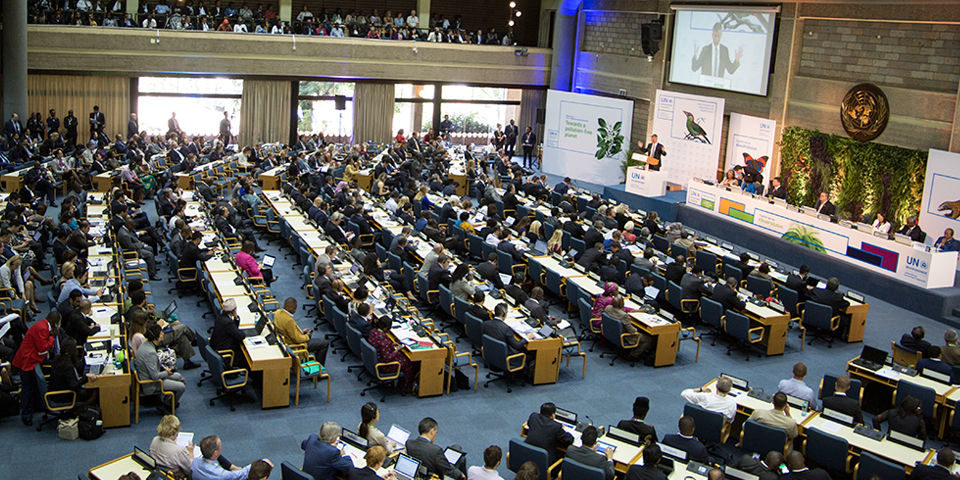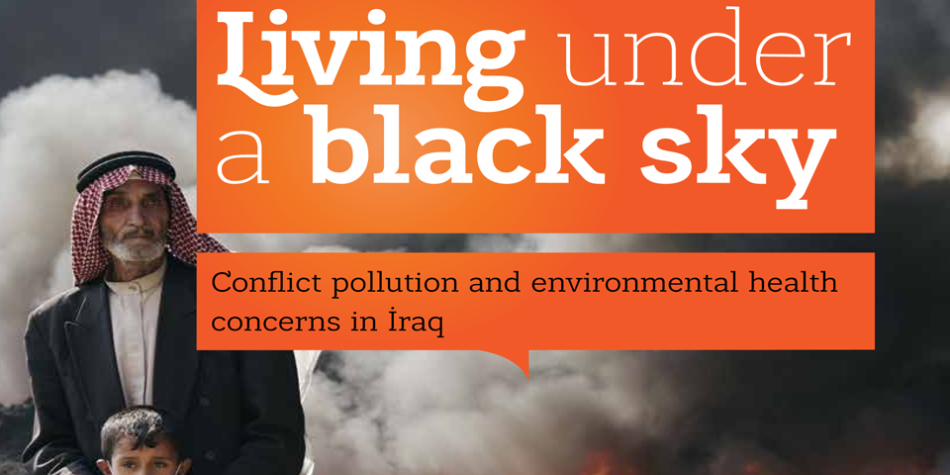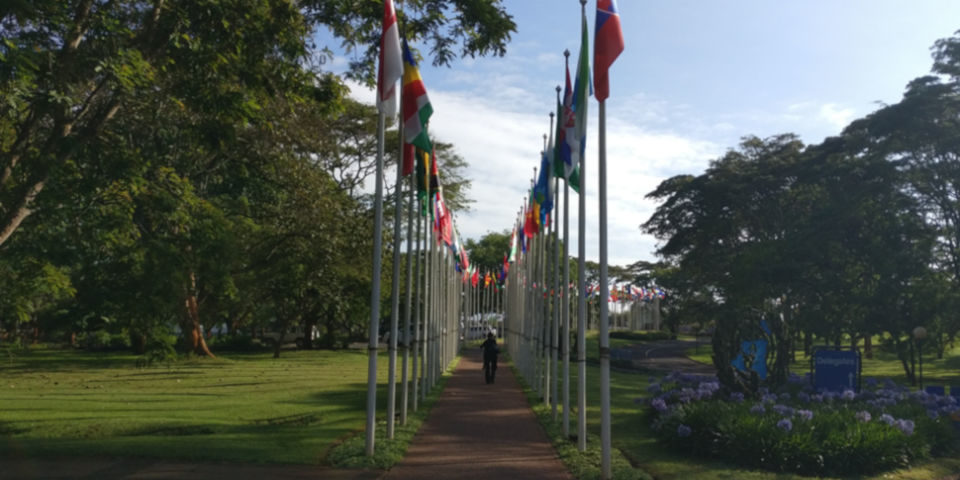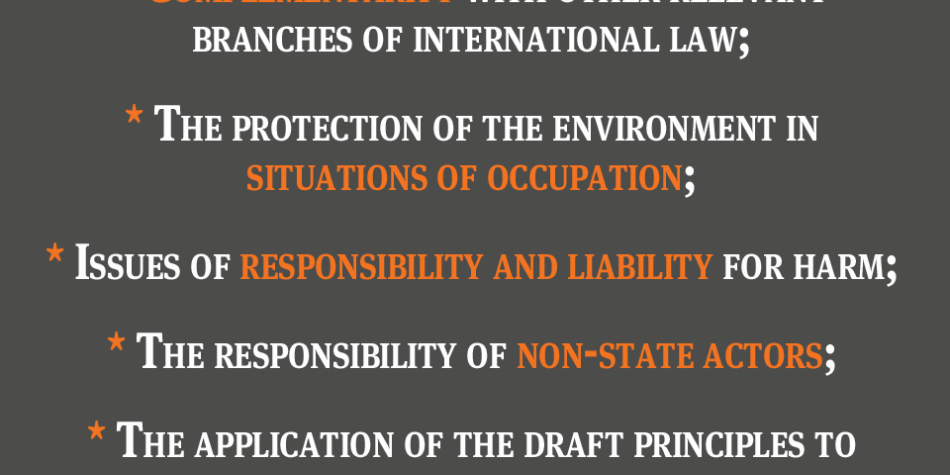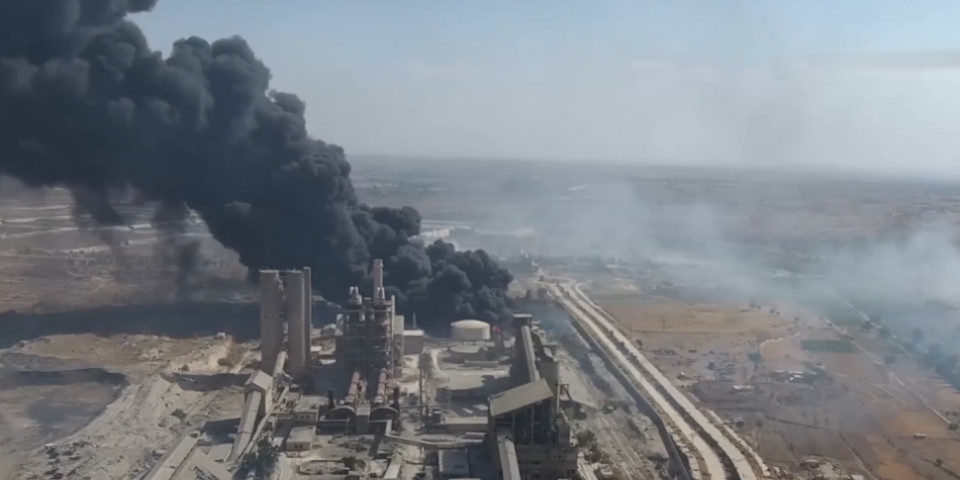It’s time for civil society to collaborate more effectively on environmental security
With a growing number of individuals and organisations working on environmental security, and on a range of international, regional and domestic initiatives, it’s a good time to examine whether we are working effectively. This blog considers why greater civil society collaboration on environmental security is not only timely but vital.

